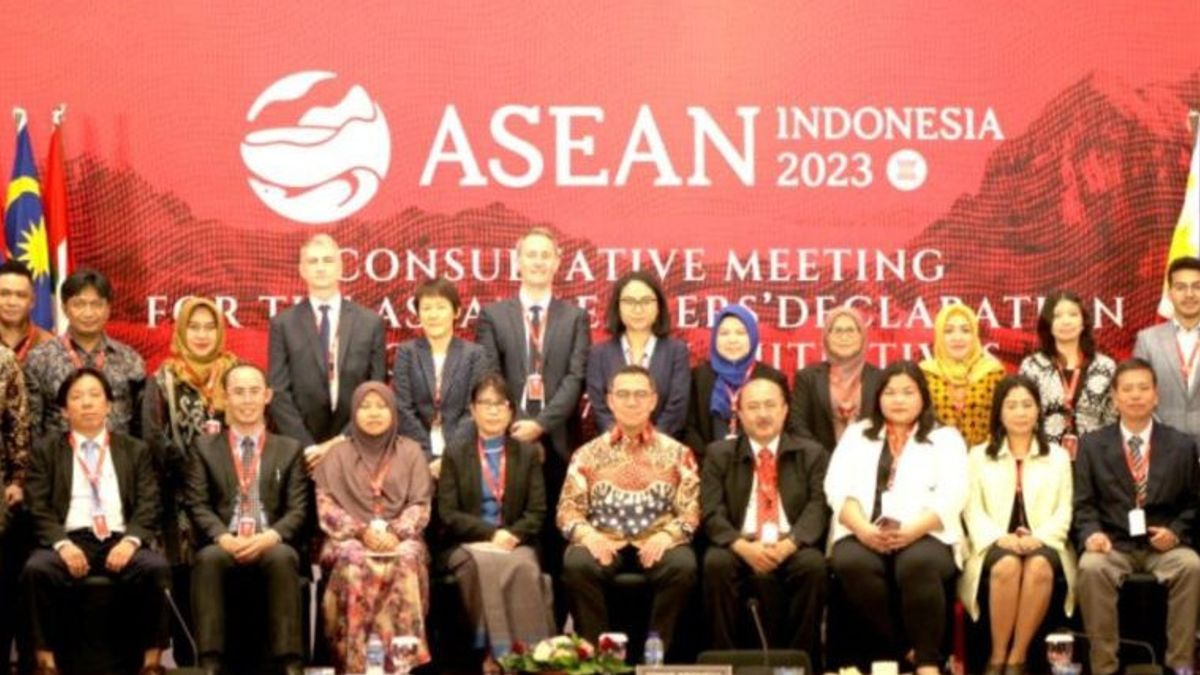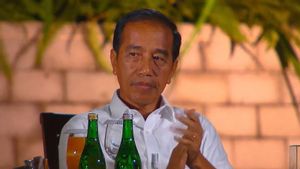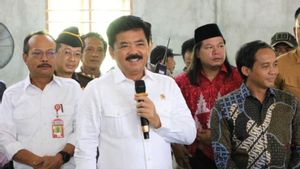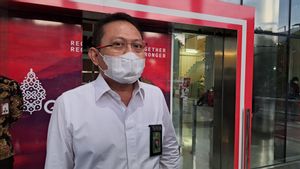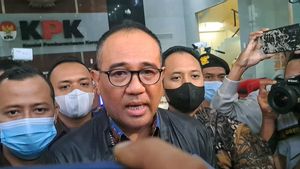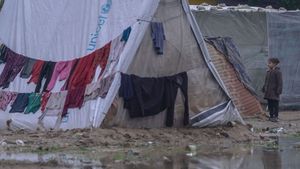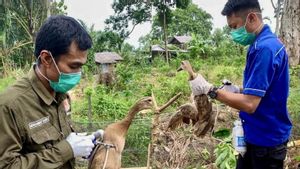JAKARTA - Leaders from member countries of the Association of Southeast Asian Nations (ASEAN) have expressed their commitment to building the ASEAN Healthy One Network to develop and strengthen multi-sectoral collaboration and coordination of the One Health Initiative among ASEAN member countries.
"Including building relationships with existing national and or potential mechanisms from ASEAN Member States," the leaders said in a declaration at the 42nd ASEAN Summit in Labuan Bajo, East Nusa Tenggara, as reported by ANTARA, Wednesday, May 10.
The commitment was declared given the devastating impact of the COVID-19 pandemic and has a multidimensional impact, as well as other infectious diseases that appear or reappear, including zoonosis, and antimicrobial resistance (AMR).
This commitment was also conveyed considering the growing impact and other challenges related to climate change on human life and livelihoods as well as the need to strengthen the health system to be resilient and responsive, as aspired to in ASEAN Blue Prints.
They noted that the results of the One Health High-Level Expert Panel (OHLEP) and the One Health Joint Action Plan (2022-2026) were needed to improve their ability to optimize human health, animals, plants and ecosystems as well as the capacity to prevent, predict, detect and respond to health threats.
They also note an increased risk and vulnerability of each member state against threats that can be experienced by humans, animals, plants and the environment with the potential for epidemics and pandemics, including zoonosis, food hazards, and antimicrobial resistance.
The risk has been exacerbated by climate change which has shown the importance of a multi-sectoral and collaborative approach to the One Health system.
Leaders are also aware that One Health initiatives and mechanisms in ASEAN are important, both among countries and between government and non-governmental entities.
Therefore, they emphasize the importance of building based on the successful experience, the best practices, and progress achieved so far in One Health's initiatives and projects in ASEAN, including the involvement of stakeholders and public awareness.
In addition to being committed to forming the One Health ASEAN Network, leaders from 10 member countries are also committed to setting priority health threats to humans, animals, plants and the environment, including zoonosis pathogens that cause outbreaks and potentially pandemics, to guide investment, research, and develop preventive activity, preparedness and response (PPR).
اقرأ أيضا:
They are also committed to conducting a comprehensive analysis of One Health implementation in ASEAN member countries and globally to assess national and regional capacities in order to strengthen the implementation of the system.
Developing the One Health ASEAN Joint Action Plan is also part of their commitment to increasing regional and national capacity and capabilities with real, measurable, and time-bound targets, which require stronger cross-sectoral collaboration between related sectors involved in handling human health, animals, plants, and the environment, as well as food safety among ASEAN Member States, including through bilateral and multilateral cooperation.
In addition, they are also committed to exploring bilateral and multilateral initiatives, as well as cooperating and engaging with international partners and development that will contribute to the implementation of the One Health approach nationally and regionally, including efforts to ensure sustainable or innovative financing options.
To prevent, detect, and respond to future threats and to balance and optimize health between human-animals-environment in a sustainable manner, leaders encourage ASEAN member countries to consolidate all One Health initiatives and mainstream approaches and implementations into related sectoral bodies, including public health, animals, wildlife, plants, the environment and food with increased national and regional capacities.
They also asked ASEAN Health Ministers to cooperate with ASEAN Ministers in charge of handling animals, agriculture, forestry, the environment, and food, with the support of the Senior Officials Meeting on Health Development, in collaboration with other relevant supporting agencies and stakeholders to initiate consultations, coordination, and monitor efforts to realize the results of the declaration.
The English, Chinese, Japanese, Arabic, and French versions are automatically generated by the AI. So there may still be inaccuracies in translating, please always see Indonesian as our main language. (system supported by DigitalSiber.id)
